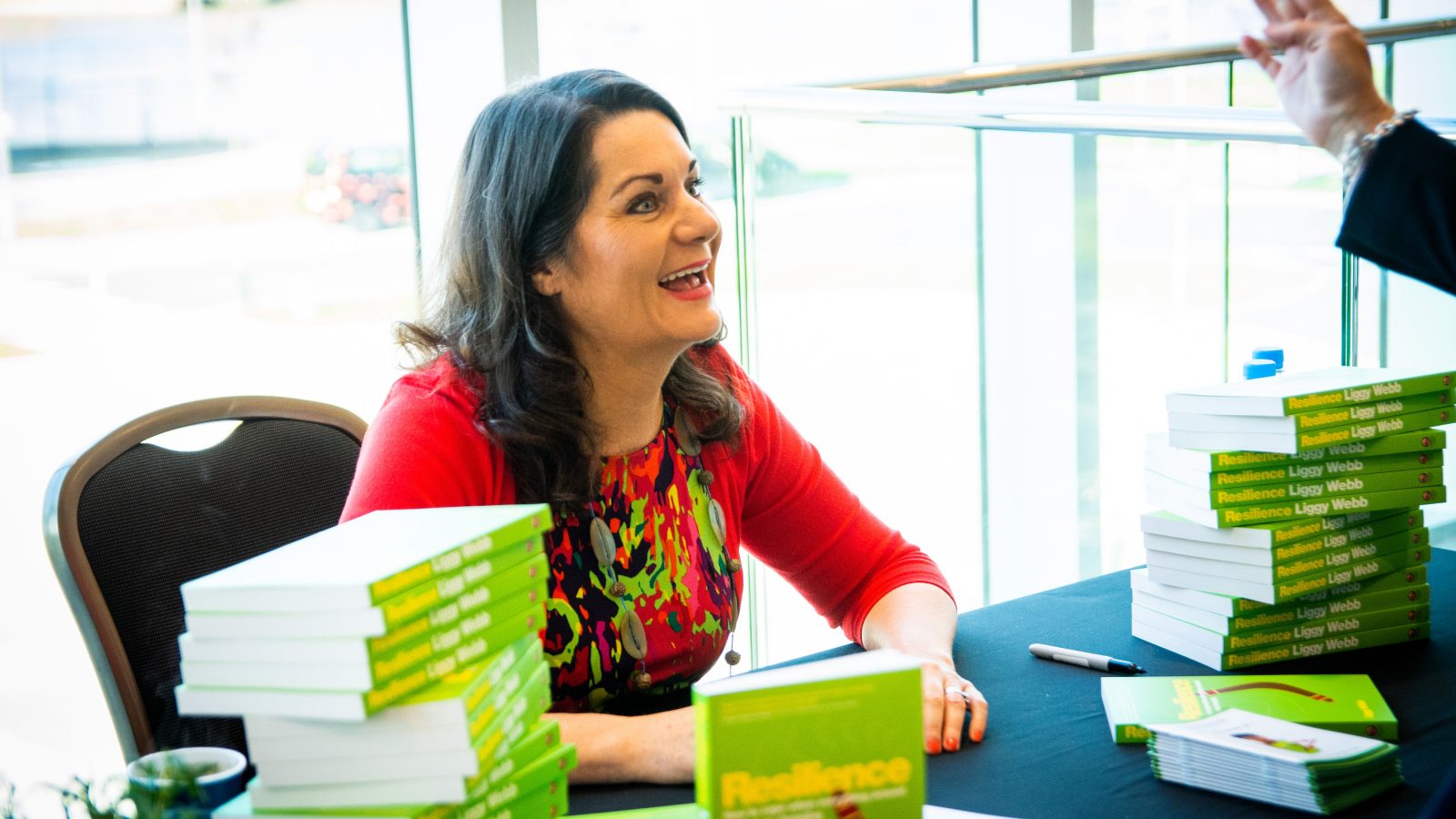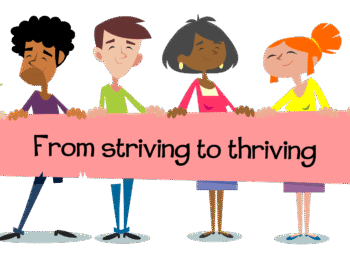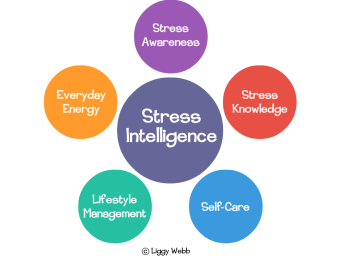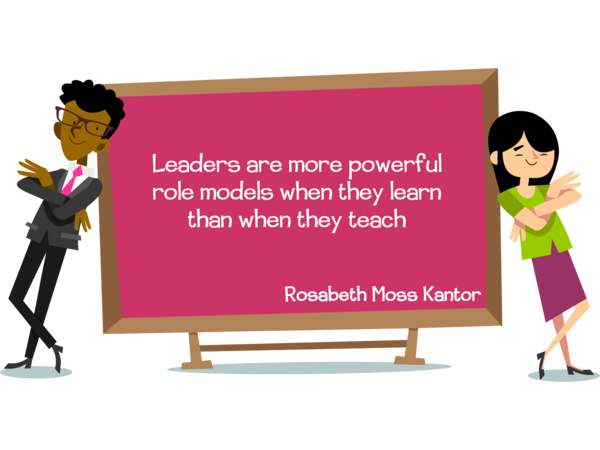
Imagine if time was a bank account and each morning you were credited with 86,400 seconds. If, by the end of that day, you hadn’t spent any of the credits then they would instantly be deducted from your account. What would you do?
It is highly likely that you would make every effort to take care of those seconds and invest them wisely. It is interesting though how much time can be taken for granted and those seconds become lost or wasted.

Time pressure seems to be the norm for so many people in the modern world. Internet connection speeds and computing power are increasing exponentially, along with an endless amount of information and entertainment. It can often feel as if there is so much to do and so little time.
You may well feel that life in the “busy ages” is a constant bombardment of information and overwhelming choice, which can lead to feelings of over-stimulation and agitation. Taking time out to stop and reflect on what is making you busy is a great place to start.

Time management and stress
Time pressure is one of the biggest precursors to unhealthy stress levels. It can prompt feelings of personal inadequacy and impact on your self-esteem and confidence. This can lead you towards stress burnout, which is a state of emotional, physical and mental exhaustion caused by excessive and prolonged stress.
Great time management is essential if you want to handle a heavy life load, without experiencing unhealthy stress. Learning how to manage your time will give you more confidence and direction, when you have too much going on. It will also help you to feel calmer, more in control and ultimately less stressed.

The benefits of time management
Great time management will give you more control of your time and energy. It will help you to focus on activities, people and projects that make the biggest impact in your life.
Getting on top of your time management will also assist you in achieving your goals in less time and with less effort, whilst creating a better life balance.

Here are six simple tips and suggestions for improving your time management skills…
1. De-clutter
Creating an environment around you that provides more space, energy and clarity will impact on your health, happiness and overall well-being. It will help you to be more organised and productive.
The tidier and the more minimalistic you are, the easier it will be to find things, and this can save lots of time. It is also good to de-clutter your mind, as this will help you to focus better and feel more in control. De-cluttering, on a regular basis, can be very therapeutic and provide you with an energising sense of achievement.

2. Conduct a time audit
We are creatures of habit and a great deal of what we do, we do on autopilot. The first step to improving your time management is to find out where your time actually goes. You may think, for example, that you only spend 30 minutes on a task, when in reality it is taking a lot longer.
One way to keep track of your time is to download one of the many excellent apps that help you to track everything you do, for a week. You will then be able to access a report to find out what is consuming your time. With this information, you can start to make the necessary adjustments and improvements.

3. Plan your day
Aimlessly wandering into your day may be a lovely thing to do when on holiday or even on your day off; however, to get things done, planning your day is essential. Creating to-do lists for each goal and project, by listing all the measurable steps that need to be achieved, is an excellent place to start and this will save you time in the long run.
Taking time to plan your day will also help keep you focused and motivated, as you will then be able to monitor what you have already achieved. It will help you to feel more in control and on top of things.

4. Schedule in rest time
Creating moments of sanctuary in your day, and scheduling in proper breaks, is a great way to re-energise and refocus. Going immediately from one meeting or task to another can be exhausting. It is far more constructive to take some time to have rest stops, so you can clear your mind and relax.
Doing focused breathing exercises, meditation or even a bit of desk yoga has been scientifically proven to be very effective for managing stress levels. A great way to clear your head and replenish your energy is to go outside and get a blast of fresh air.
5. Avoiding chasing perfectionism
A desire to do your best is an admirable quality and, of course, there are some situations where cutting corners is not an option. It is important, however, to work out whether there are occasions when you waste time, and resources, attempting to achieve perfectionism in absolutely everything you do.
Reversioning something time and time again, or getting bogged down in analysis paralysis, can be both stressful for you and others around you. There will be instances where a particular task is simply better done than perfect.
6. Eat the frog
Mark Twain once said that if the first thing you do each morning is to eat a live frog, you can go through the day with the satisfaction of knowing that is probably the worst thing that is going to happen to you all day long.
Your “frog” is your biggest, most important task, the one you are most likely to procrastinate on. It is very tempting to put off what you don’t like doing to another time, or even another day or week. If you tackle it first thing, it won’t be hanging over you and you will feel so much lighter and more motivated as a result.

-
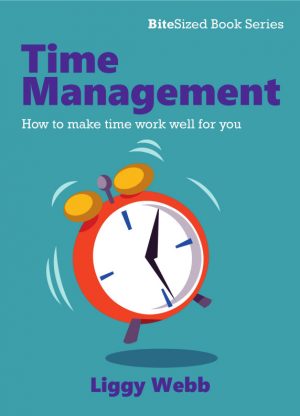 Time Management£2.99
Time Management£2.99
For updates for future blogs, free webinars and various other useful resources please do join my newsletter.

